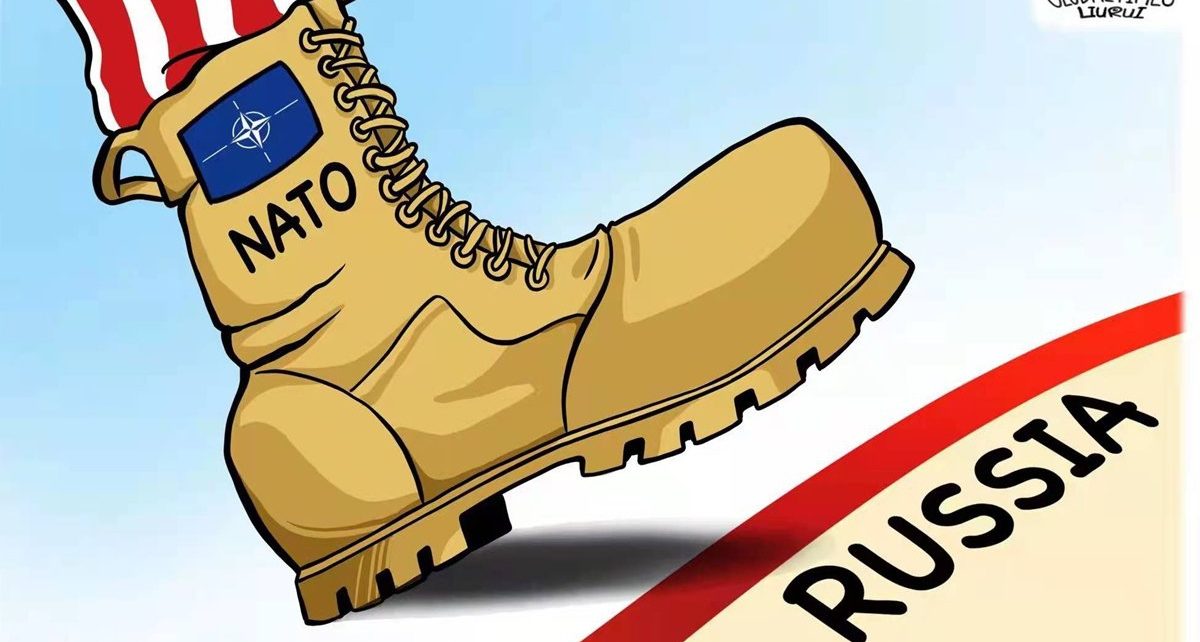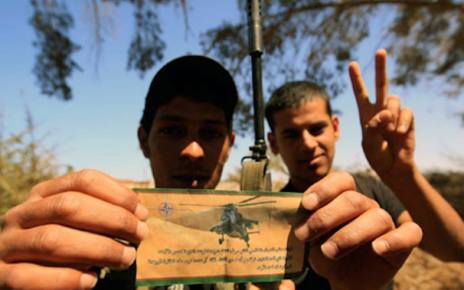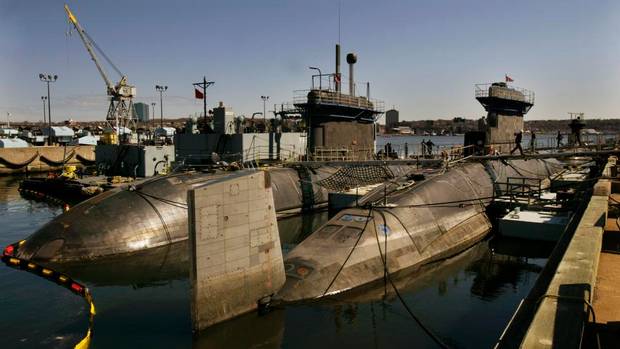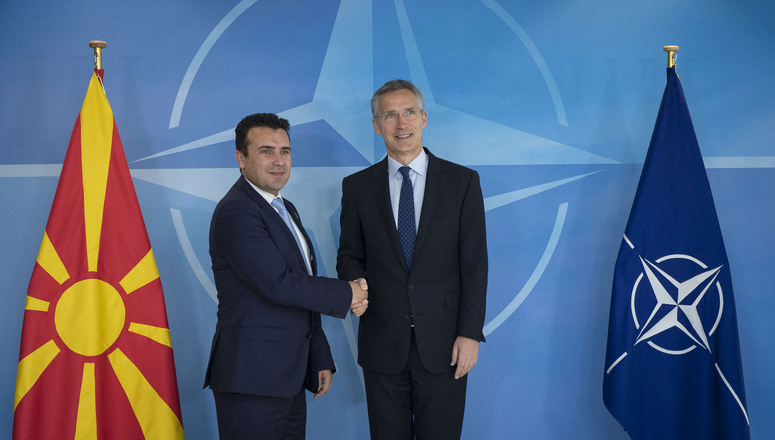The NATO-Russia Founding Act, signed in 1997, established a framework for NATO-Russia cooperation and outlined mutual respect and cooperation principles. This commitment includes recognising the sovereignty, independence, and territorial integrity of all states in the Euro-Atlantic region (including Ukraine) and refraining from using or threatening to use force against any state actor. In particular, Section III: Principles Governing Mutual Relations, Security, and Stability in the Euro-Atlantic Area explains these commitments. However, NATO and Russia have been at odds over Russia’s actions in Ukraine, with NATO accusing Russia of violating the Founding Act. As a result of the displacement of over 2 million people, as well as civilian casualties and human rights violations, Canada and the European Union have imposed economic sanctions on Russia, exacerbating tensions between Russia and the West.
Again, one of the key provisions of the Founding Act is NATO and Russia’s commitment to respect all Euro-Atlantic states’ sovereignty and territorial integrity, which Russia has repeatedly violated over the last 25 years. According to a quote taken by Amy Mackinnon, an award-winning national security and intelligence reporter at Foreign Policy, from Kurt Volker, a former US ambassador to NATO, [ML1] [ML2] “there’s almost nothing left in the NATO-Russia Founding Act that Russia hasn’t already violated.”
As a NATO member, Canada has participated in efforts to counter Russia’s actions in Ukraine. This has included the deployment of Canadian troops and military equipment to Latvia to support NATO’s Enhanced Forward Presence (eFP) mission, as well as financial, humanitarian and material assistance to Ukraine. These actions do not violate the NATO-Russia Founding Act as it does not preclude NATO from taking measures to defend its members or respond to security threats. In fact, the Act expressly recognises each participating state actor’s right to take security measures in accordance with the United Nations (UN) Charter. For example, Article 51 of the UN Charter recognises state actors’ inherent right to individual or collective self-defense in the face of an armed attack. However, the use of force must be justified and proportionate, and it must not jeopardize a state’s territorial integrity or political independence. Russia’s actions in Ukraine are seen as aggressive and not defensive, and therefore not justified under Article 51.
Other articles of the UN Charter recognized by the NATO-Russia Founding Act that apply to the Ukraine situation include:
Non-intervention
Article 2(7): “Nothing contained in the present charter shall authorize the UN to intervene in matters which are essentially within the domestic jurisdiction of any state.” This article forbids the UN from intervening in matters that are essentially within any state’s domestic jurisdiction. Russia’s actions in Ukraine, however, including its support for separatists in eastern Ukraine and annexation of Crimea, are viewed as intrusions into the internal affairs of a sovereign state.
Prohibition on the use of force
Article 2(4): “All members shall refrain in their IR from the threat or use of force against the territorial integrity or political independence of any state.” This article of the UN Charter prohibits the use or threat of force against any state’s territorial integrity or political independence. This principle is violated by Russia’s annexation of Crimea in 2014 and its support for separatists in eastern Ukraine.
Article 39: “The Security Council shall determine the existence of any threat to the peace, breach of the peace, or act of aggression and shall make recommendations, or decide what measures shall be taken in accordance with Articles 41 and 42, to maintain or restore international peace and security.” This article empowers the United Nations Security Council (UNSC) to determine the existence of any threat to peace, breach of peace, or act of aggression and to take the necessary steps to maintain or restore international peace and security.
Numerous Security Council resolutions, including those imposing sanctions on Russia, have addressed Russia’s actions in Ukraine. There are no specific provisions for enforcement or dispute resolution in the Founding Act, and there is no formal mechanism for determining whether a breach of the Act has occurred.
It may be concluded that as a result of Russia’s violation of the NATO-Russia Founding Act, NATO’s actions in response to Russia’s actions in Ukraine are a legitimate exercise of the organization’s right to take security measures against a threat.
Photo: NATO boot crosses Russia’s border, symbolizing encroachment on Russia’s sphere of influence and impact on its security (2023), by Lui Rui via Global Times. Public Domain.
Disclaimer: Any views or opinions expressed in articles are solely those of the authors and do not necessarily represent the views of the NATO Association of Canada.




